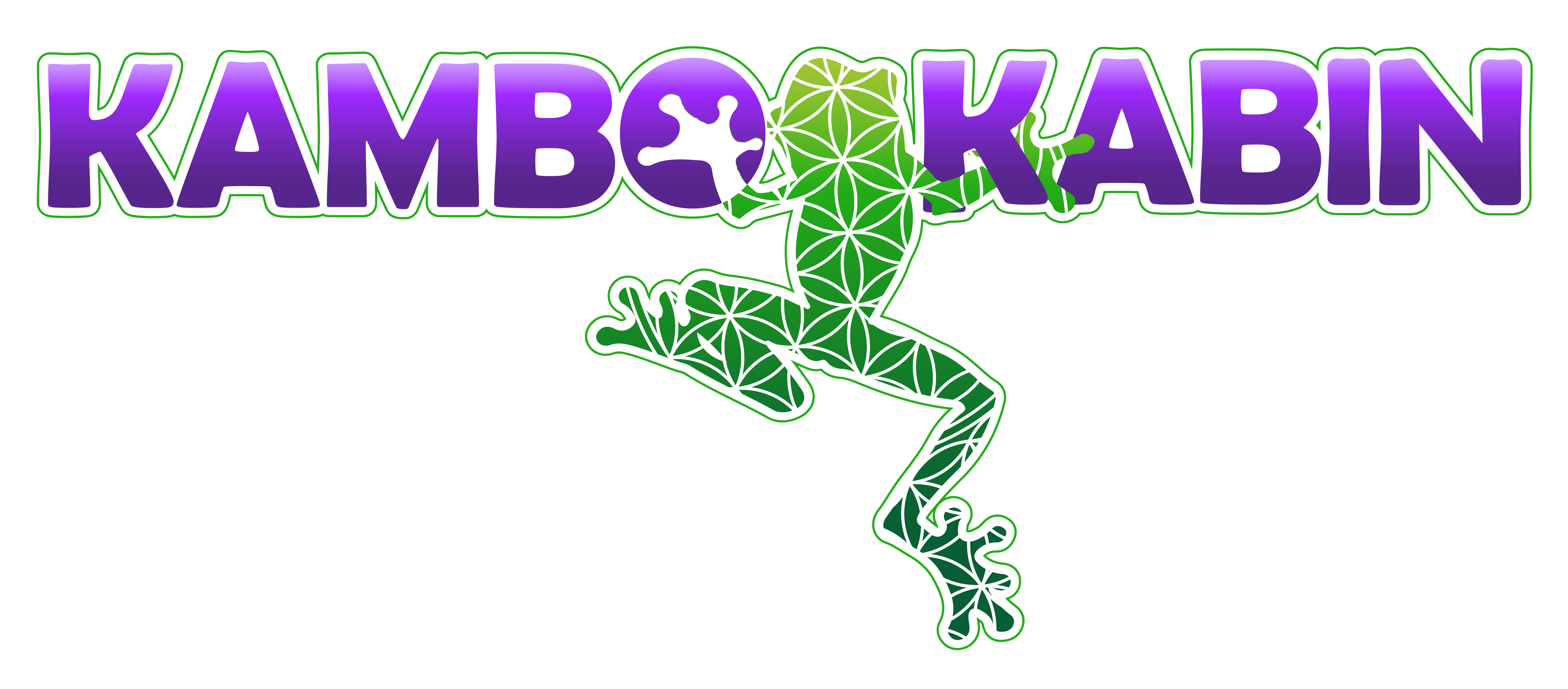A kambo ceremony is a traditional ritual involving the application of kambo secretion. To ensure safety and effectiveness, the ceremony should be carefully structured. Here’s an overview of what a kambo ceremony typically entails:
- Preparation:
- Pre-Ceremony Health Assessment: Participants should undergo a health screening to ensure they are suitable candidates for Kambo. This may involve discussing medical history, current health conditions, and any medications being taken.
- Fasting: Participants are often advised to abstain from water for a certain period before the ceremony, usually 8, to ensure a more effective purging process and reduce the risk of complications.
- Setting:
- Environment: The ceremony will take place in my home, a controlled and comfortable environment. We offer a dedicated space designed for the ritual, intended to create a calming and supportive atmosphere.
- Application of Kambo:
- Burning the Skin: Small burns or scratches are made on the skin, usually on the upper arm or leg, using a heated instrument. These are necessary to allow the kambo secretion to penetrate the bloodstream.
- Applying the Resin: The dried kambo resin is mixed with a small amount of water to create a paste, which is then applied to the burns.
- Experience of Effects:
- Onset of Symptoms: Within minutes, participants may begin to experience symptoms such as nausea, vomiting, sweating, and increased heart rate. These reactions are part of the detoxification and purging process.
- Monitoring: Dustin will monitor participants throughout this phase to manage any adverse effects and provide support as needed.
- Purging Phase:
- Duration: The purging phase, which includes vomiting and sometimes diarrhea, typically lasts between 20 and 35 minutes. The intensity and duration can vary among individuals.
- Support: Participants are supported with hydration and care during and after the purging process. Resting and recovery time is provided.
- Post-Ceremony Care:
- Recovery: After the session, participants are given time to rest and recover. You will be provided snacks of fruit and granola, along with herbal teas to help with rehydration and nourishment.
- Debriefing: Afterwards, we will talk about the session to discuss the experience, any observations, and feelings about the ceremony.
- Follow-Up:
- Health Monitoring: In some cases, a follow-up consultation may be scheduled to ensure participants are recovering well and address any ongoing concerns.
- Integration: Participants may be encouraged to reflect on their experience and integrate any insights or emotional shifts they encountered during the ceremony.
